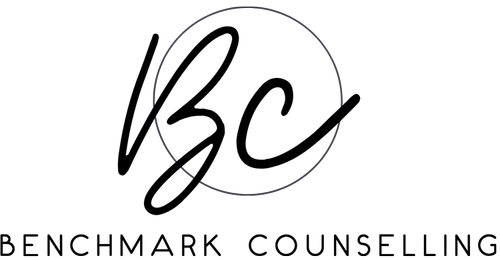Is the Universe a Jerk or Your Best Friend? (And Why It Matters More Than You Think)
Let’s play a game. Imagine the Universe is a person. Is it the chill, wise friend who always has your back? Or is it the moody trickster who loves to throw obstacles your way just to see you trip?
Some twenty odd years ago I was challenged by a question that changed everything for me. The question—“Is the Universe a friendly place?”—is often (maybe wrongly) attributed to Einstein, but regardless of who said it, it’s a game-changer for how we see the world. And no, this isn’t just some woo-woo, law-of-attraction, “just think positive!” kind of thing. It’s backed by psychology.
So, let’s break it down.
The Universe You Expect Is the Universe You Get
Your brain is basically a Netflix algorithm—it feeds you more of what you expect to see. If you walk around assuming life is out to get you, you’ll notice every minor inconvenience as proof (“Ugh, of course it started raining the second I stepped outside!”). But if you believe the universe is, at worst, neutral and, at best, friendly, you start spotting little signs that things might just be working out in your favor (“Oh look, a free coffee today? Thanks, Universe!”).
We call this cognitive framing—aka, the mental filter through which you interpret life. And spoiler: Your filter shapes your reality way more than you think.
Optimism: The Most Overpowered Life Hack
Ever met one of those annoyingly optimistic people who somehow land on their feet no matter what? Turns out, they’re not just lucky—they’re running on optimism bias. This is our brain’s sneaky tendency to expect things to go well, which in turn makes us behave in ways that actually make that happen.
Think about it: If you assume good things are coming, you take more chances, engage with people more openly, and don’t give up as easily. The result? More opportunities and better outcomes. On the flip side, if you assume disaster is inevitable, you’ll be so busy bracing for impact that you’ll miss out on, well…everything good.
It’s like a self-fulfilling prophecy, but instead of doom and gloom, you get serendipity and success.
Stress Less, Live More
Believing the Universe is friendly also works wonders for stress levels. If you see challenges as personal attacks (“Why does this ALWAYS happen to ME?!”), your nervous system stays in fight-or-flight mode, pumping out stress hormones like it’s going out of style. But if you reframe obstacles as temporary puzzles rather than proof that life is out to get you, your stress response chills out.
In psychology, this is called stress appraisal theory (thanks, Lazarus & Folkman). Basically, if you think a problem is manageable, your brain doesn’t flip into full-on panic mode. And let’s be real—most of the time, things do turn out okay.
So… Is the Universe A Friendly Place or Not?
Honestly? That’s up to you. There’s no secret cosmic rulebook that says life must be either fair or unfair. But science suggests that believing in a friendly Universe makes you happier, healthier, and more successful—so why not choose that?
Worst-case scenario? You have a slightly better time while you’re here. Best case? The Universe winks back.
So go ahead—assume the best. See what happens.
